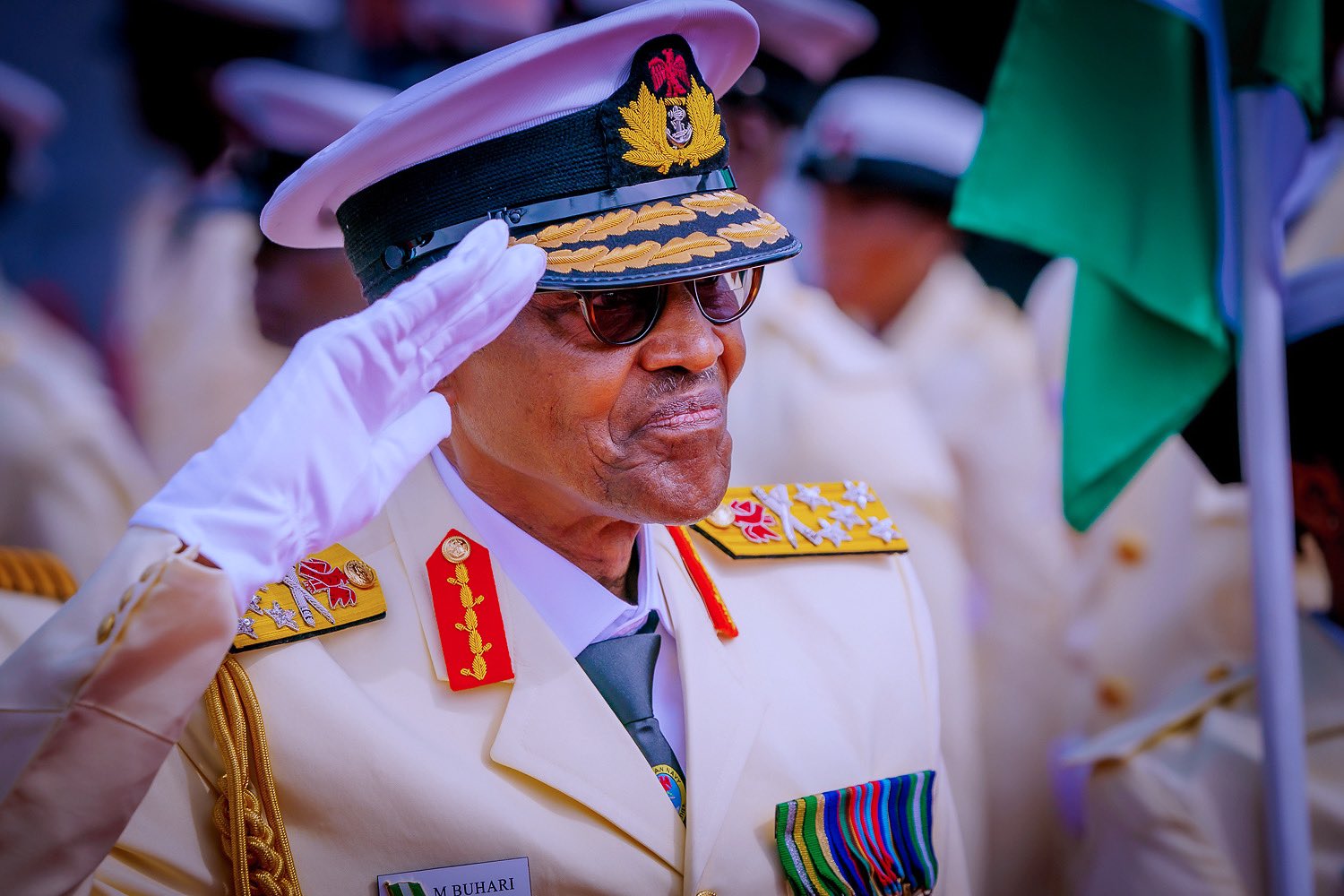A Nation Mourns as Buhari Heads to Final Rest
Nigeria today stands at a solemn crossroads in its history, as the country prepares to lay to rest one of its most consequential leaders, former President Muhammadu Buhari. The late president, who died on Sunday, July 13, 2025, in a London clinic at the age of 82, will be interred in his hometown of Daura, Katsina State, in northern Nigeria—a burial befitting his personal wishes and a reflection of his deep connection to his roots.
Buhari’s Final Journey Home
Moments after his passing was announced, preparations began in earnest to repatriate Buhari’s remains from the United Kingdom. Vice President Kashim Shettima, leading a government delegation, travelled to London to oversee final documentation and logistical arrangements for returning the late leader’s body. Nigeria’s current President, Bola Tinubu, personally confirmed he would receive Buhari’s remains at the Umaru Musa Yar’adua Airport in Katsina, setting the stage for a full state honours ceremony ahead of interment.
Upon arrival, Buhari’s body is to be received by dignitaries, including a cross-section of government officials, traditional rulers, and international guests, reflecting his stature on the global stage. The body will then be escorted to Daura, where the former president’s residence will host both funeral prayers and the burial itself.
The Burial: A Homecoming Rooted in Tradition
Following Islamic rites for a swift and simple burial, Buhari will be laid to rest on the grounds of his longtime Daura residence, in accordance with his wishes and Muslim custom. Entry into the burial compound is tightly controlled, with close family, select community members, and senior officials in attendance. Initial reports indicate that the grave had already been prepared early in the morning, and that the ceremony is expected to conclude with both religious solemnity and military dignity.
The Nigerian government declared Tuesday, July 15, a public holiday in honour of Buhari’s passing and initiated a seven-day period of national mourning, with flags flown at half-mast throughout the country and at all Nigerian missions worldwide. Condolence registers were also opened in ministries, embassies, and notable locations such as the Bola Ahmed Tinubu International Conference Centre in Abuja.
Buhari’s Legacy: Revered and Contested
Muhammadu Buhari’s life and legacy have provoked strong emotions among Nigerians and observers worldwide. As a young military leader, he seized power following a coup in 1983, ruling with a stern hand before being ousted himself in 1985. Decades later, in a testament to his enduring popularity, he won historic democratic elections in 2015 and was re-elected in 2019, becoming the first opposition candidate ever to defeat an incumbent Nigerian president at the ballot box.
Supporters celebrate Buhari for his anti-corruption drive, personal discipline, and efforts to instill ethics in Nigeria’s often turbulent politics. He was particularly admired in the Muslim north, where his modest lifestyle and reputation for integrity set him apart from more flamboyant predecessors. He frequently described himself as a “converted democrat,” having traded military regalia for the kaftan and prayer cap symbolic of civilian leadership.
Critics, however, point to mixed governance outcomes. Though his presidency brought hopes of reform, it also grappled with severe economic challenges, rising insecurity, and documented human rights abuses—including a controversial crackdown on protesters and independent media. Buhari’s habit of seeking extended medical treatment abroad, often in London, drew accusations that he was a distant leader who failed to stem Nigeria’s mounting crises at home.
National and Global Outpouring
Tributes have poured in from across Nigeria and beyond. Leaders such as Indian Prime Minister Narendra Modi lauded Buhari’s “wisdom, warmth, and unwavering commitment to bilateral friendship,” reflecting his influence internationally as well as domestically. Former Nigerian presidents and military contemporaries like Ibrahim Babangida remembered him as sincere and patriotic, even as their careers frequently intersected with rivalry.
A Mark on Nigeria’s History
After leaving office in 2023, Buhari retired to Daura, maintaining a low profile as his successor Bola Tinubu inherited a nation facing formidable economic and security challenges. Buhari’s death closes a significant chapter in Nigeria’s post-independence saga—one that will be parsed and debated by both admirers and detractors for years.
In his final homecoming, Muhammadu Buhari is not only returning to his place of birth but to the heart of the community that shaped and sustained him throughout his contentious and eventful career. As Nigeria grieves, the image of Buhari—soldier, statesman, reformer, and complex figure—takes its place in the nation’s collective memory.

